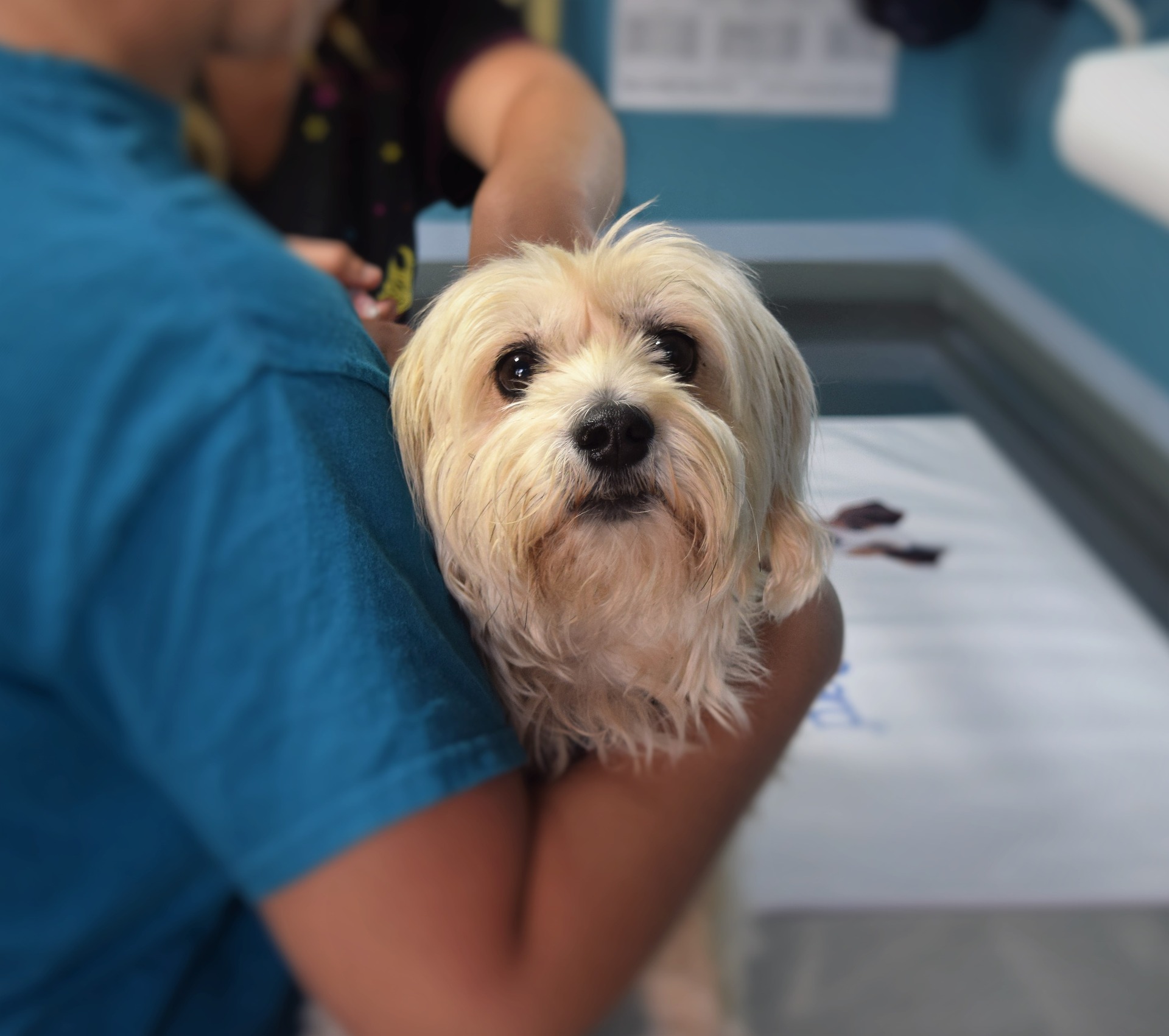As we all eagerly await the development of a vaccine for COVID-19, now is a good time to discuss the importance of vaccinations in your dog’s health, as well as to identify the basic ones they need.
Dogs contract sickness just like we do, and are much more likely to come into contact with wildlife that carry dangerous diseases, so it is crucial that we give them proper preemptive care so that they can avoid uncomfortable or painful illnesses later on.
What are Vaccines?
Vaccines immunize animals’ bodies against dangerous and virulent diseases. They contain inactive viruses or bacteria in small doses that are injected into the body. These doses are harmless, as the disease agents are unable to cause infection; however, an animals’ body still registers them as foreign bodies, and develops proteins called antibodies in response. These antibodies are able to recognize these diseases and fight them the next time they are encountered. Because the body is already prepared to fight the disease, the animal often experiences few to no symptoms. Preparing the body for infection with vaccinations is safer and less expensive than trying to fight off the illness when it is contracted without prior immunity.
Core Vaccinations
While the only vaccines required by law is rabies, most places that interact frequently with dogs will require more. If you wish to bring your dog to the groomers, travel with your pup, bring them to doggie daycare, or visit the vet, your dog will need to be vaccinated. Some vaccinations are considered “core vaccines”, meaning they prevent the most serious and contagious diseases. Others are available and can improve your dog’s immune health, but are for less severe diseases. Here we discuss the diseases treated by core vaccinations.
Rabies: Most people are familiar with rabies, because people can contract it as well as animals. This fatal disease is spread when an infected animal bites another. It causes erratic and aggressive behavior as well as paralyzation and the classic sign of foaming at the mouth. While rarely treatable after symptoms appear, a vaccination safely provides immunity. Rabies vaccines are given frequently while a dog is young, and then just once every three years once they reach maturity.
Canine parvovirus: This is another dangerous disease, as mortality is common once it is contracted. Parvovirus spreads through direct or even indirect contract with the feces of dogs–this includes sniffing, licking, or touching infected feces or objects that have come in contact with the disease. This vaccine provides protection when your pup interacts with large groups such as at the park or kennel.
Distemper: While less severe than rabies or parvovirus, distemper causes extremely uncomfortable and sometimes dangerous symptoms. Distemper is equivalent to measles in humans, and causes respiratory distress and vomiting.
Hepatitis: This disease causes liver problems in dogs and is highly contagious through bodily fluids.
All of the vaccines for these diseases are given when puppies are young. The first set of boosters are given after one year, and then the next boosters are administered every three years to maintain immunity. When administered, you can expect a light fever, some swelling at the injection site, and maybe some coughing. However, if you notice more severe symptoms like gastrointestinal distress or signs of an allergic reaction, consult your veterinarian.
There are many aspects to your dog’s health and safety, and being well-trained is one of them. An obedient dog is less likely to get itself into dangerous situations, such as a fight with another dog or getting hit by a car. If your dog needs a mastery of complex commands, or you simply want a refresher course on the basics for your dog, call Gulf Coast K9 Dog Training today.





